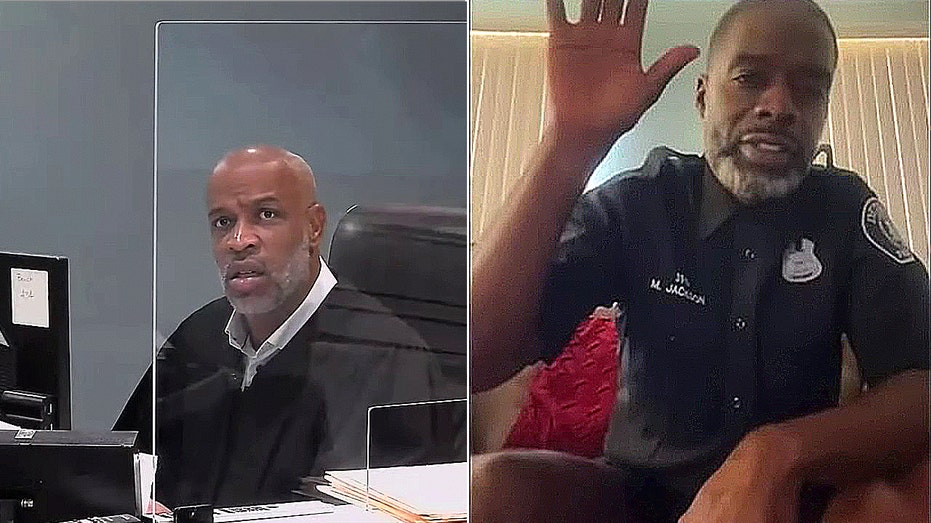The internet is reeling. Dictionary.com has declared its Word of the Year for 2025, and it’s not a word in the traditional sense. It’s… 67.
Yes, the numbers six and seven, spoken individually, have ascended to linguistic prominence. If you don’t navigate the world of middle school hallways, you might be utterly lost. This baffling phrase has reportedly induced silent screams from educators and sparked widespread confusion online.
Dictionary.com itself labels “67” as “brainrot slang”— intentionally nonsensical and playfully absurd. Its most defining characteristic? It’s essentially impossible to define, a quality the dictionary editors found remarkably fitting for our current moment.

The selection wasn’t a surprise to those within Dictionary.com. Experts believe “67” uniquely captures the cultural mood, functioning as an inside joke, a social signal, and a raw expression of feeling all at once. It’s a burst of energy, connecting people before meaning even enters the equation.
But what *does* it mean? The answer, frustratingly, is… it depends. Often accompanied by a specific hand gesture – palms up, alternating like scales – “67” can signify “so-so,” “maybe,” or simply serve as a noncommittal exclamation.
It’s become a response to questions (“How are you?” “67.”) and a source of amusement when encountered in numerical form (“What’s 33 plus 34?” “67.”). In essence, it’s pure, unadulterated ambiguity.
The origins remain murky. Some trace it back to rapper Skrilla’s song “Doot Doot (6 7),” while others point to NBA player LaMelo Ball, whose height is 6-foot-7. The true source may forever be lost to the chaotic currents of internet culture.
“67” wasn’t alone in contention for the title. Other shortlisted terms included “agentic” (relating to independent AI), “aura farming” (cultivating online charisma), and “tradwife” (a woman embracing traditional homemaking roles). But ultimately, the nonsensical power of “67” prevailed.
The internet’s reaction has been predictably bewildered. Social media is flooded with questions: “When did 67 become a word?” and frustrated declarations that “a number is not a word.” Some see it as a sign of societal regression, a symptom of a civilization losing its way.
Whether a fleeting meme or a genuine linguistic phenomenon, “67” has undeniably captured attention. It’s a reminder that language is constantly evolving, often in ways that defy logic and embrace the absurd.





